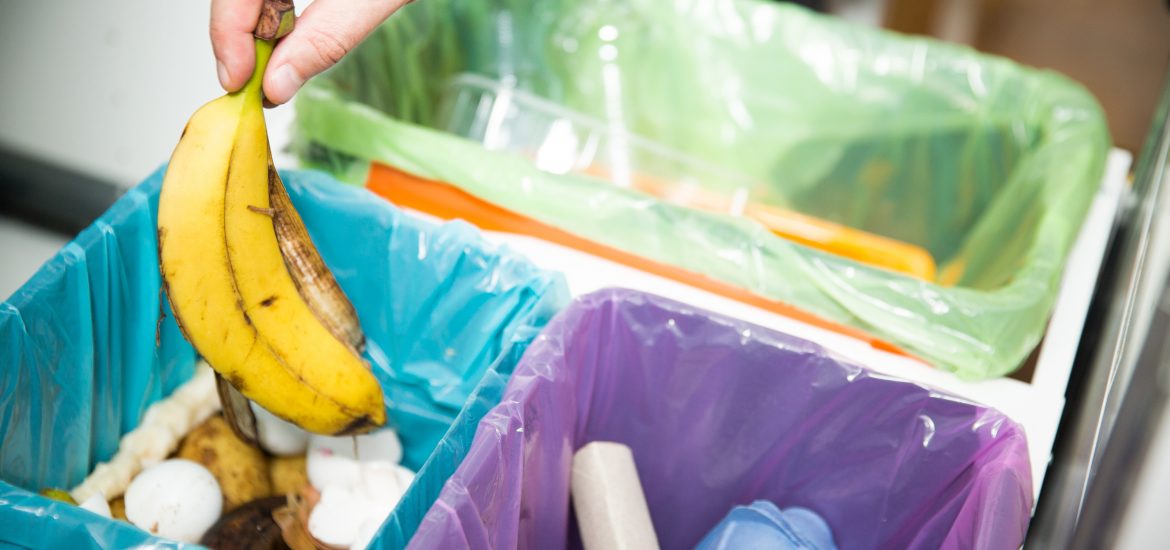Across the globe, waste management is a pressing issue. With the world experiencing exponential population growth over the years, large amounts of waste are produced every day. However, waste disposal systems aren’t efficient enough to manage this waste effectively.
Homes are increasingly becoming significant sources of waste. With the increased usage of product packaging, food wrappers, food waste, and other forms of materials, the amount of domestic waste generated in homes has gone up significantly in recent years. As such, households need to manage domestic waste well for people to enjoy a clean environment in public spaces. But how can they do this effectively?
Here are five ways that households can manage domestic waste at home:
- Turn Organic Waste Into Compost
If you have space in your home and love gardening, composting organic waste is a better way of disposing of biodegradable waste that you generate in your home. Rather than sending this kind of it off to landfills, get a compost bin, and dispose of your biodegradable kitchen waste there.
The best compost bin is compact – it shouldn’t take up too much space. When buying a compost bin, opt for one that allows direct airflow, maintains moisture, and controls odor. By composting organic waste, you not only reduce the amount of organic waste in your home, but you also get a constant supply of quality manure for your kitchen garden.
- Separate Your Waste
Before disposing of waste, make an effort to separate different kinds of garbage. The best way to do this is to classify waste into recyclable, biodegradable, and hazardous waste. Placing waste in separate bins makes it easy for home or waste collection companies to manage waste disposal.
Put recyclable or reusable waste such as papers, flowers, plastics, metal, and glass cans in one bin. Biodegradable waste like fruit peels, kitchen waste, tea leaves, fish scales, and vegetables should be put in a different bin, and place hazardous waste like e-waste line batteries, electronic toys, tube lights in another container.
Other types of waste that should go into the hazardous bin are toxic components like insecticide and paint containers and biomedical waste such as types, thermometers, expired medicines, and cosmetics.
- Use Home-Made Detergents And Cleaners
Rather than buying detergents and other cleaning agents that you need in your home, start making yours. Most detergent and cleaner containers cannot be recycled and therefore end up in garbage bins. If you know how to make detergents and cleaners, make some for your home and use glass containers to store them. This way, you’ll not only save the money that you’d spend shopping, but you’ll also reduce the waste output in your home and make the environment chemical-free.
- Shop In Bulk, Reduce Packaging
Rather than shopping for household items in small quantities, buy items in bulk. For instance, when shopping for stuff like pulses, rice, and other essential items, go to the ‘bulk-buy’ section of the grocery store. There, you can buy such items without their plastic packaging.
Also, avoid buying food items that come with multi-layered packaging as those increase the amount of waste in homes. Instead, opt for products that carry minimal packaging. For instance, buy toothpaste without a carton. This simple step can go a long way in reducing the amount of waste in your home.
- Cut Down On Paper Transactions
Papers constitute a significant amount of domestic waste that homes generate. To manage waste better, consider using electronic transactions as opposed to paper transactions. Rather than using printed bills, ask service providers to send electronic copies to your email address.
Also, embrace electronic transactions in money transfers and shopping. For instance, ditch printed checkbooks and transfer funds via RTGS or NEFT instead. When you go shopping, ask your merchants not to produce printed copies of your point of sale transactions. Doing this enables you to reduce the quantity of paper waste that’s generated in your home daily.
- Repurpose Reusable Containers Or Materials
Rather than throwing reusable containers away every time you finish the content, repurpose them for something else instead. For instance, use tin or glass containers to store small items in your home. Whenever you get paper bags, use them to line your bins instead of throwing them away. You can also reuse printing papers in your home by printing both sides, writing shopping lists on the opposite side. If you have kids, let them use printed waste paper for their coloring. This way, you’ll reduce the amount of solid waste that accumulates in your home.
Bottom Line
Managing domestic waste offers numerous benefits. These include conserving the environment and saving households money. The first step to managing waste better is to use different bins for biodegradable, reusable, recyclable, and hazardous waste. By separating waste, households can dispose of each type of waste more responsibly.

